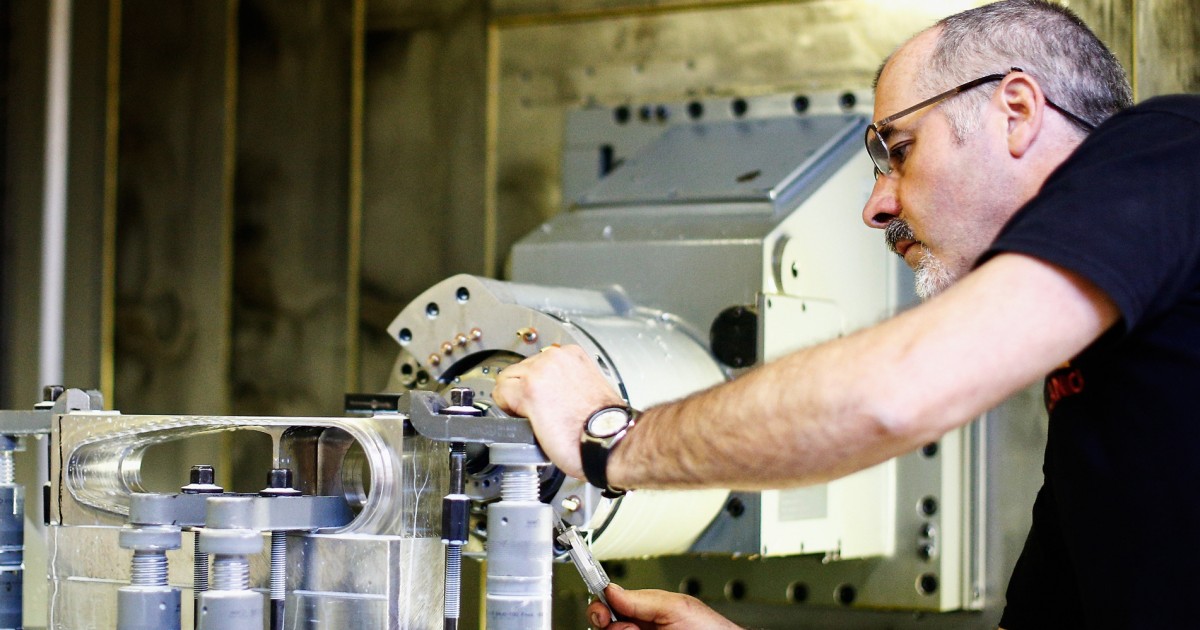
Greenhouse Gas Emissions
Greenhouse gas emissions refer to the release of gases such as carbon dioxide, methane, and nitrous oxide into the atmosphere. These gases trap heat from the sun and cause the Earth's temperature to rise, leading to global warming and climate change. In the context of space and astronautical engineering, greenhouse gas emissions are a concern for spacecraft and rockets that use fossil fuels. The burning of these fuels releases greenhouse gases into the atmosphere, contributing to climate change. Spacecraft and rockets also release gases such as nitrogen oxides and water vapor, which can contribute to the formation of greenhouse gases in the upper atmosphere. To mitigate the impact of greenhouse gas emissions, space and astronautical engineers are exploring alternative fuels and propulsion systems, such as electric and solar-powered engines.
Your Previous Searches
Random Picks
- Closed-loop Water Systems: Closed-loop water systems are self-contained systems that recycle and reuse water for various purposes, such as drinking, hygiene, and cooling, within a spacecraft or space station. These systems are designed to minimize water waste and mai ... Read More >>
- GOES Next: GOES Next is a series of geostationary weather satellites that will replace the current GOES-R series. The satellites will be equipped with advanced instruments to provide more accurate and timely weather forecasts, severe weather warnings, ... Read More >>
- Radiotracers: Radiotracers are radioactive isotopes that are used to track and study the behavior of various substances in space and astronautical engineering applications. They are used to monitor the movement of fluids, gases, and other materials in sp ... Read More >>
Top News

A day at Uranus just got 28 seconds longer...
A day at Uranus just got a little longer...
News Source: ABC News on 2025-04-07

SpaceX's Fram2 returns from first-of-its-kind mission around Earth's poles...
The Fram2 mission, paid for and led by a cryptocurrency billionaire who is flying with three guests, has returned after a journey on a unprecedented polar orbit....
News Source: CNN on 2025-04-04

Scientists release plans for an even bigger atom smasher to address the mysterie...
GENEVA — Top minds at the world’s largest atom smasher have released a blueprint for a much bigger successor that could vastly improve research into the remaining enigmas of physics....
News Source: NBC News on 2025-04-01

Scientists release plans for even bigger atom smasher along the French-Swiss bor...
Scientists at the world’s largest atom smasher have released a blueprint for a much bigger successor that could help solve enigmas of physics, starting in the mid-2040s at a cost of about $16 billio...
News Source: ABC News on 2025-04-01

The 'Blaze Star' hasn't exploded yet, but it could soon...
T Coronae Borealis has an outburst every 79 to 80 years, according to NASA....
News Source: ABC News on 2025-03-28